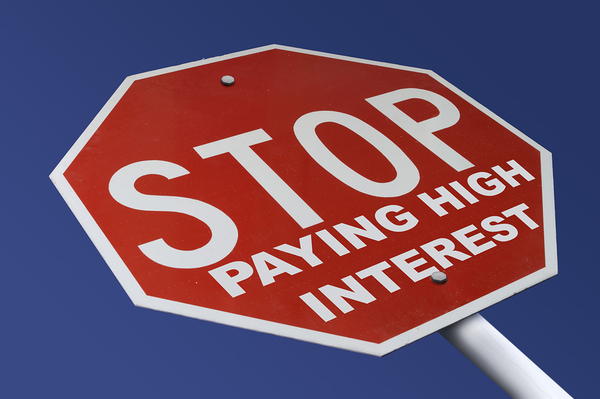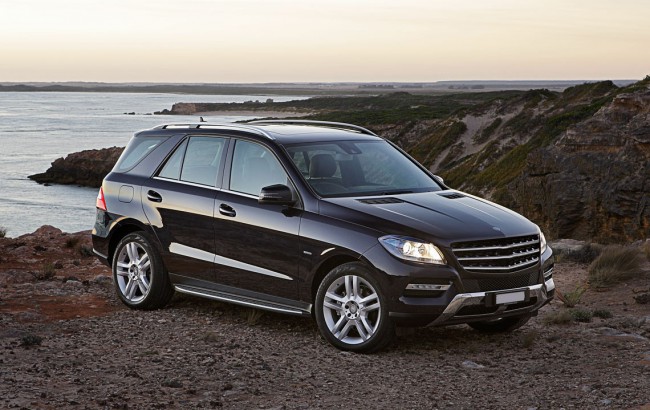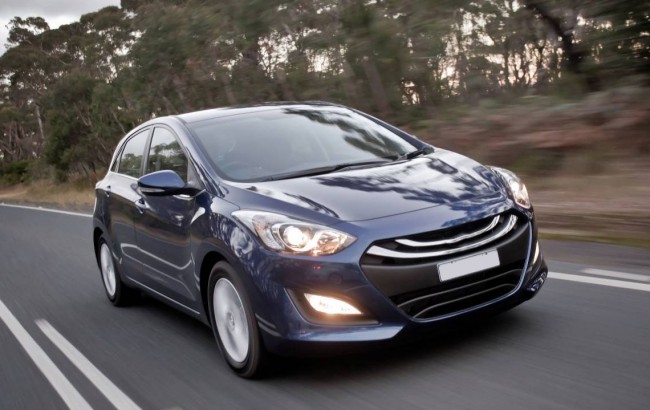Rebate or Lower Interest Rate: Which One is Best?
Rebate or Lower Interest Rate: Which One is Best?

There’s no reason to pay high interest, but is the rebate the better deal?
Rebate, or low interest? You see the deals all the time, but you may be naturally suspicious of an offer that seems too good to be true. So, if you’re trying to decide between the two, how should you sort the good deals from the bad ones?
The Basics
Before you do anything else, there are a few basics to grasp with financing. Every auto loan has three parts: the principal, or the overall amount you’re borrowing; the interest rate, or how much more you’ll pay annually for the loan (think of it as the price); and the term, or into how many payments the loan will be divided, usually expressed in months.
Ideally among all of these, the rule is that the lower, the better. This is why a down payment is so highly recommended, as it reduces the principal. Don’t forget that principal will need to include excise taxes, dealership fees, and other costs, so gather that and add it in; don’t assume the sticker price will be your total amount.
Do You Qualify?
A factor to check on before you get too invested is whether you qualify. As is the case with any loan, your credit score is crucial to determining how much you can borrow and at what interest rate. So check your score before you commit.
Can You Get A Lower Rate Elsewhere?
The first question to ask yourself is whether you can simply get a lower rate by choosing another financing company. Often these deals are offered directly through the automaker’s finance arm with the dealership as a sales market. But you’re under no obligation to finance through the dealer for any car purchase, so before you step on the lot, you should see if you can get a better deal elsewhere.

Do the math on any special offer.
Do You Have A Down Payment?
Another consideration is the down payment. Generally, when you’re buying a car, you should put between 10 and 20 percent down on the car. But if you’re a little short, or you can use the rebate to bump the value of your down payment up by a few percentage points, that’s worth considering. $2000 on a car that will cost $20,000 is ten percent, after all, and adding that to an equally sized down payment might mean major savings on interest. One of the key factors of any financing is how much you borrow in the first place; reducing that up front cost can pay dividends in the long run.
What’s The Math?
The next question you should ask is how the math breaks down depending on the deal you take. Generally dealerships will offer you an estimated payment based on interest rates and the like that you can use to help you make a decision. And often the math can tell you which is a better deal. If a lower interest rate means you’ll save more across the life of the car than the rebate, or vice versa, then you will see which way to go more easily.
Don’t forget that you can fiddle with the term as well. If you can reduce the term, still afford the payment, and can keep the deal, that might be a better choice. Do not let a dealership shoehorn you into a deal that doesn’t fit your financial needs. It is okay to take the time you need to consider your best options. If you’re ready to hunt for the deal of your dreams today, shop for cars at Cars Found Me.


